-
 Bitcoin
Bitcoin $95,074.9515
-0.74% -
 Ethereum
Ethereum $2,665.6835
-4.54% -
 Tether USDt
Tether USDt $1.0002
0.02% -
 XRP
XRP $2.4494
-4.04% -
 BNB
BNB $638.0772
-2.37% -
 Solana
Solana $156.5859
-7.30% -
 USDC
USDC $1.0000
0.00% -
 Dogecoin
Dogecoin $0.2272
-6.74% -
 Cardano
Cardano $0.7239
-6.16% -
 TRON
TRON $0.2462
1.52% -
 Chainlink
Chainlink $16.3607
-7.20% -
 Stellar
Stellar $0.3180
-3.19% -
 Avalanche
Avalanche $23.3315
-6.29% -
 Sui
Sui $3.0562
-8.29% -
 Litecoin
Litecoin $122.6888
-4.43% -
 Hedera
Hedera $0.2182
4.13% -
 Toncoin
Toncoin $3.5994
-4.58% -
 UNUS SED LEO
UNUS SED LEO $9.2990
-4.68% -
 Shiba Inu
Shiba Inu $0.0...01456
-6.15% -
 MANTRA
MANTRA $8.3829
-1.28% -
 Polkadot
Polkadot $4.6810
-6.35% -
 Hyperliquid
Hyperliquid $21.1484
-10.37% -
 Bitcoin Cash
Bitcoin Cash $310.3752
-4.70% -
 Ethena USDe
Ethena USDe $1.0004
-0.01% -
 Bitget Token
Bitget Token $4.8227
-3.57% -
 Dai
Dai $0.9997
-0.02% -
 Uniswap
Uniswap $8.4145
-6.84% -
 Monero
Monero $233.6863
0.09% -
 NEAR Protocol
NEAR Protocol $3.2860
-2.67% -
 Pepe
Pepe $0.0...08713
-6.43%
What currency is POL (ex-MATIC)?
POL, the native currency of Polygon, a Layer-2 scaling solution for Ethereum, enables high-scale, low-cost transactions and provides cross-chain compatibility, governance participation, and multiple use cases within the Polygon ecosystem.
Dec 09, 2024 at 04:51 am

Polygon's Native Token: POL (ex-MATIC)
Formerly known as MATIC, POL (Polygon) is the native currency of the Polygon network, a leading Layer-2 scaling solution for Ethereum. This article delves into the details of POL, explaining its role in the Polygon ecosystem and its key features.
What is POL (ex-MATIC)?
POL is a cryptocurrency that powers the Polygon network, a blockchain platform designed to enhance Ethereum's scalability and transaction efficiency. The Polygon network allows developers to build decentralized applications (dApps) and smart contracts on a high-performance and low-cost platform.
Why is POL different from other cryptocurrencies?
POL stands out from other cryptocurrencies due to its unique features and the specific role it plays within the Polygon ecosystem:
- High Scalability: Polygon leverages a sophisticated architecture that enables it to process a high volume of transactions, addressing the scalability limitations of Ethereum. POL serves as the gas token for Polygon, facilitating these transactions efficiently and cost-effectively.
- Low Transaction Fees: POL is designed to minimize transaction fees on the Polygon network, making it an attractive option for users seeking affordable blockchain interactions. This feature encourages widespread adoption and usage of the platform.
- Cross-Chain Compatibility: POL enables cross-chain transactions between Ethereum and Polygon, fostering interoperability between the two networks. This feature allows users to seamlessly transfer assets and interact with applications across different blockchain ecosystems.
- Governance: POL holders have the ability to participate in the governance of the Polygon network through staking. Stakers play a crucial role in securing the network and can vote on proposals that shape the future direction of Polygon.
- Utility: POL serves various use cases within the Polygon ecosystem, including network security, staking rewards, transaction fees, and participation in governance. Its versatility enhances the overall functionality and utility of the platform.
How is POL used?
POL is an integral part of the Polygon ecosystem and is used in the following ways:
- Transaction Fees: When users conduct transactions on the Polygon network, they pay fees in POL to cover the computational costs associated with processing those transactions.
- Staking: POL holders can stake their tokens to participate in the network's security and earn rewards. Staking helps secure the network and ensures its stability and reliability.
- Governance: POL holders can participate in the governance of the Polygon network by voting on proposals that affect the future development and direction of the platform.
- Utility: POL is used in various applications and services within the Polygon ecosystem, such as decentralized finance (DeFi) protocols, non-fungible token (NFT) marketplaces, and gaming platforms.
Where can I buy POL?
POL can be purchased on various cryptocurrency exchanges, including Binance, Coinbase, and Huobi.
Disclaimer:info@kdj.com
The information provided is not trading advice. kdj.com does not assume any responsibility for any investments made based on the information provided in this article. Cryptocurrencies are highly volatile and it is highly recommended that you invest with caution after thorough research!
If you believe that the content used on this website infringes your copyright, please contact us immediately (info@kdj.com) and we will delete it promptly.
- XRP (XRP) Price Predictions: Can the Token Reach $20K as Institutional Adoption Grows?
- 2025-02-24 22:00:28
- Bitcoin (BTC) Price Analysis & Top Crypto Presales to Watch in 2025
- 2025-02-24 22:00:28
- This XRP Transfer Could Signal Major Market Moves – Here's What You Need to Know
- 2025-02-24 22:00:28
- Is Ripple's XRP Strategy Creating More Opportunities or Raising Concerns?
- 2025-02-24 22:00:28
- The Bybit Hack: Is Ethereum to Blame?
- 2025-02-24 21:55:27
- Foresight Ventures Commits $25 Million to Support Live Projects on BNB Chain Throughout 2025 as Part of the BNB Incubation Alliance (“BIA”)
- 2025-02-24 21:55:27
Related knowledge
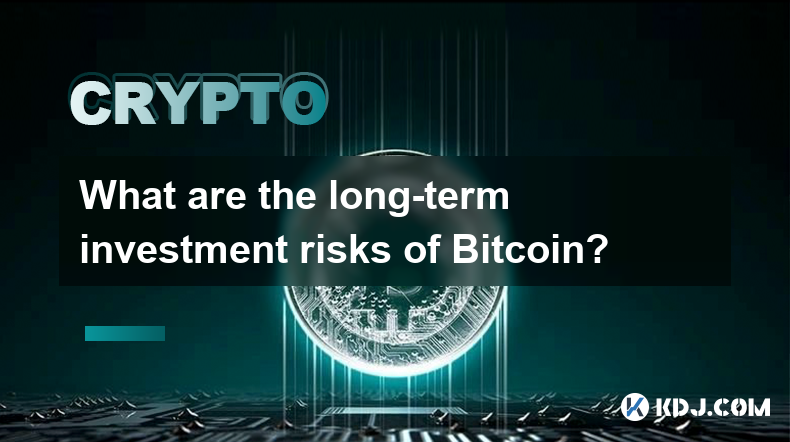
What are the long-term investment risks of Bitcoin?
Feb 22,2025 at 05:30pm
Key PointsVolatility and price fluctuationsRegulatory uncertaintySecurity risksCompetition from altcoinsMarket manipulation and scamsTransaction feesEnvironmental concernsLong-Term Investment Risks of BitcoinVolatility and Price FluctuationsBitcoin's high volatility is a double-edged sword. While it has the potential to generate substantial returns, it ...
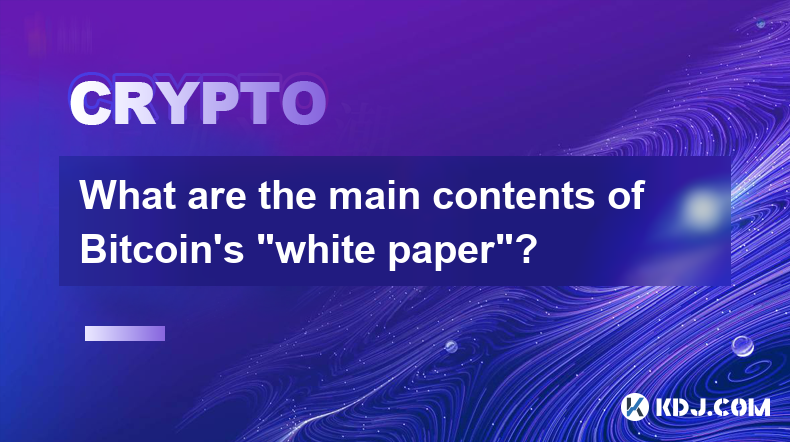
What are the main contents of Bitcoin's "white paper"?
Feb 21,2025 at 04:36am
Key Points:Understanding Bitcoin's Genesis: The White Paper's IntroductionA Decentralized Digital Currency: Bitcoin's Core ConceptBlockchain Technology: The Foundation of Bitcoin's Immutable LedgerProof-of-Work: Securing Bitcoin's NetworkThe Design of Bitcoin's Currency: Issuance, Scarcity, and DivisibilityBitcoin's Potential Applications and Future Pro...
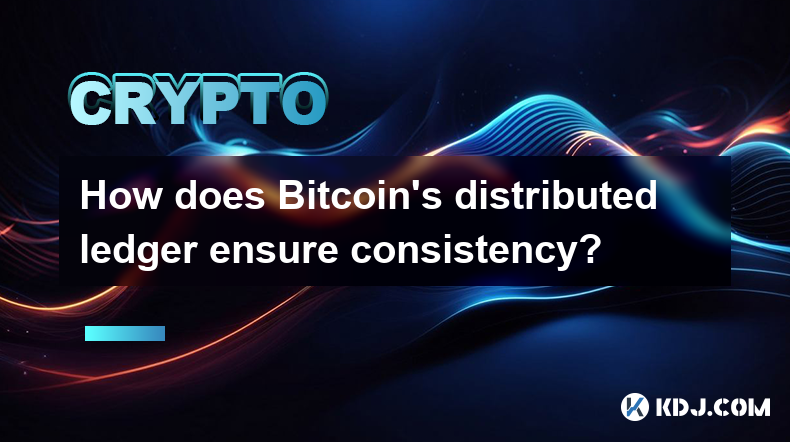
How does Bitcoin's distributed ledger ensure consistency?
Feb 22,2025 at 10:06pm
Key Points:Bitcoin employs a distributed ledger, also known as a blockchain, to maintain a tamper-proof and consistent record of transactions.The blockchain is a decentralized network of computers that collectively validate and store transaction data.Bitcoin's distributed ledger ensures consistency through consensus mechanisms and cryptographic algorith...
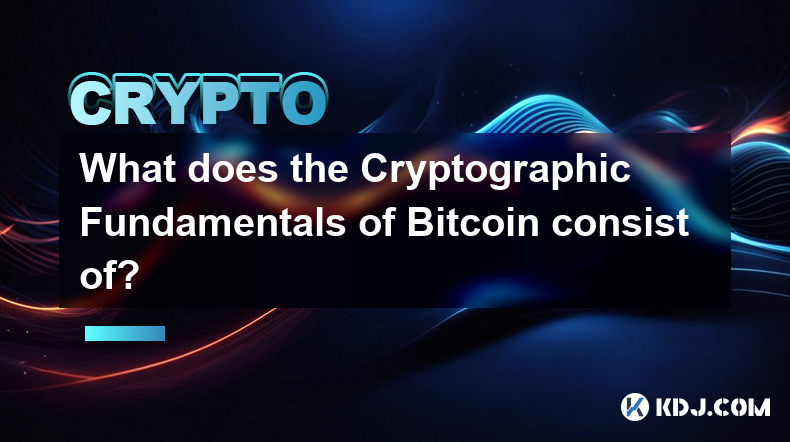
What does the Cryptographic Fundamentals of Bitcoin consist of?
Feb 21,2025 at 12:06pm
Key PointsUnderstanding the cryptographic algorithms used in BitcoinFamiliarization with the Bitcoin blockchain and its underlying mechanicsExamination of the security measures that protect Bitcoin from attackAnalysis of the decentralized nature of Bitcoin and its implicationsDiscussion of the scalability and transaction fee issues associated with Bitco...
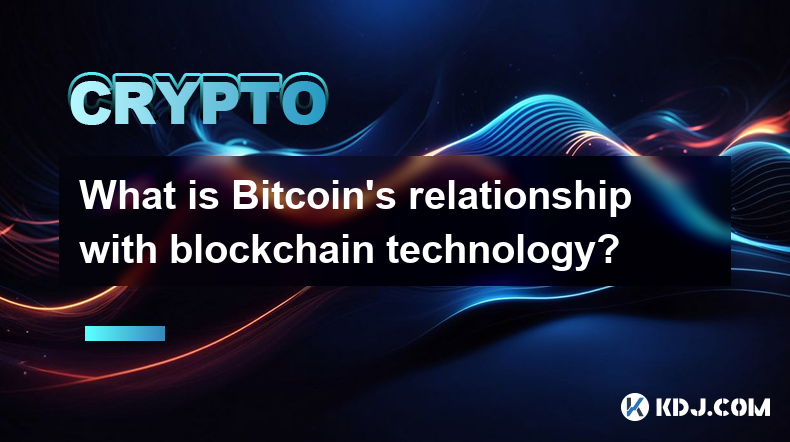
What is Bitcoin's relationship with blockchain technology?
Feb 22,2025 at 07:00pm
Bitcoin's Intertwined Relationship with Blockchain TechnologyKey Points:Definition of blockchain technology and its decentralized natureBitcoin's utilization of blockchain for secure and immutable transactionsThe role of blockchain in verifying and confirming transactionsEvolution of blockchain technology beyond Bitcoin's cryptocurrency applicationsUnde...
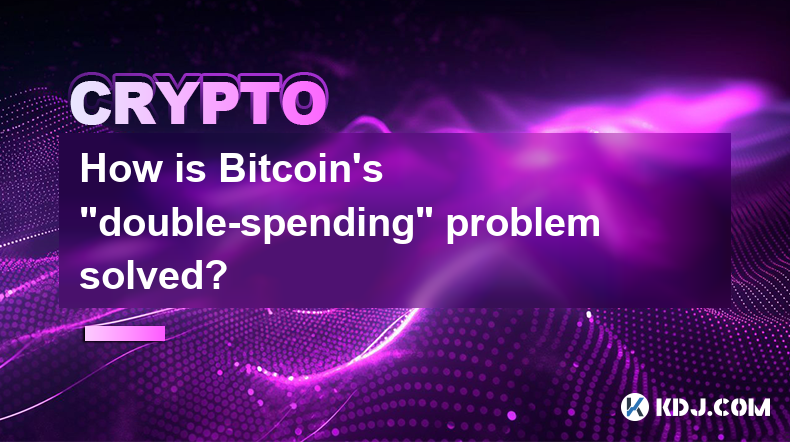
How is Bitcoin's "double-spending" problem solved?
Feb 23,2025 at 02:54am
Key Points:The double-spending problem refers to the potential for a digital currency transaction to be reversed, allowing the same funds to be spent multiple times.Bitcoin solves this problem through the use of a decentralized blockchain, a public ledger that records all transactions permanently and securely.The immutability and transparency of the blo...

What are the long-term investment risks of Bitcoin?
Feb 22,2025 at 05:30pm
Key PointsVolatility and price fluctuationsRegulatory uncertaintySecurity risksCompetition from altcoinsMarket manipulation and scamsTransaction feesEnvironmental concernsLong-Term Investment Risks of BitcoinVolatility and Price FluctuationsBitcoin's high volatility is a double-edged sword. While it has the potential to generate substantial returns, it ...

What are the main contents of Bitcoin's "white paper"?
Feb 21,2025 at 04:36am
Key Points:Understanding Bitcoin's Genesis: The White Paper's IntroductionA Decentralized Digital Currency: Bitcoin's Core ConceptBlockchain Technology: The Foundation of Bitcoin's Immutable LedgerProof-of-Work: Securing Bitcoin's NetworkThe Design of Bitcoin's Currency: Issuance, Scarcity, and DivisibilityBitcoin's Potential Applications and Future Pro...

How does Bitcoin's distributed ledger ensure consistency?
Feb 22,2025 at 10:06pm
Key Points:Bitcoin employs a distributed ledger, also known as a blockchain, to maintain a tamper-proof and consistent record of transactions.The blockchain is a decentralized network of computers that collectively validate and store transaction data.Bitcoin's distributed ledger ensures consistency through consensus mechanisms and cryptographic algorith...

What does the Cryptographic Fundamentals of Bitcoin consist of?
Feb 21,2025 at 12:06pm
Key PointsUnderstanding the cryptographic algorithms used in BitcoinFamiliarization with the Bitcoin blockchain and its underlying mechanicsExamination of the security measures that protect Bitcoin from attackAnalysis of the decentralized nature of Bitcoin and its implicationsDiscussion of the scalability and transaction fee issues associated with Bitco...

What is Bitcoin's relationship with blockchain technology?
Feb 22,2025 at 07:00pm
Bitcoin's Intertwined Relationship with Blockchain TechnologyKey Points:Definition of blockchain technology and its decentralized natureBitcoin's utilization of blockchain for secure and immutable transactionsThe role of blockchain in verifying and confirming transactionsEvolution of blockchain technology beyond Bitcoin's cryptocurrency applicationsUnde...

How is Bitcoin's "double-spending" problem solved?
Feb 23,2025 at 02:54am
Key Points:The double-spending problem refers to the potential for a digital currency transaction to be reversed, allowing the same funds to be spent multiple times.Bitcoin solves this problem through the use of a decentralized blockchain, a public ledger that records all transactions permanently and securely.The immutability and transparency of the blo...
See all articles

















































































